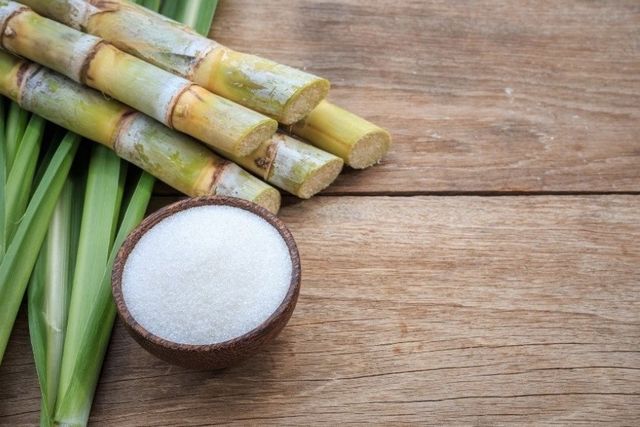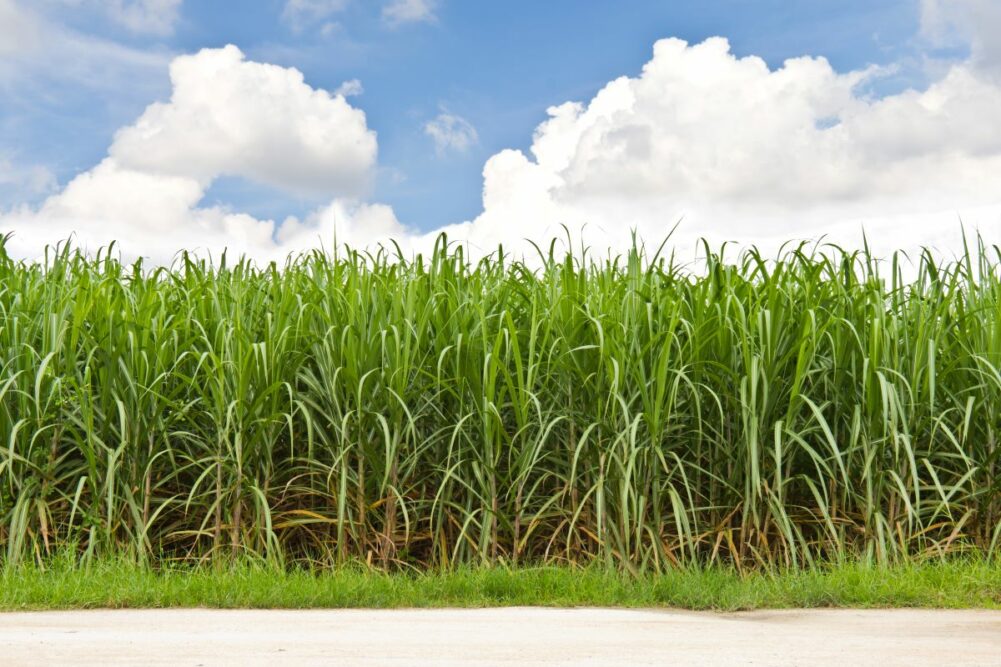A Closer Look at Sugar and Cane in the Global Food Industry
Why Cane Sugar Processing Chemicals Are Important for Modern Sugar Refining
The duty of walking cane sugar processing chemicals in modern sugar refining can not be overemphasized, as they are essential to improving both the effectiveness of removal and the overall quality of the final item. Agents such as phosphoric acid and details flocculants are used to eliminate contaminations, resulting in sugar that not only satisfies customer expectations however additionally adheres to market requirements.
Duty of Handling Chemicals
The effectiveness of cane sugar processing pivots significantly on the critical application of handling chemicals. These chemicals play a critical duty in improving the efficiency and top quality of sugar removal and refining. From the initial phases of juice removal to the final filtration actions, processing chemicals promote different vital operations.
In the removal stage, chemicals such as phosphoric acid and calcium hydroxide are employed to optimize the explanation process, aiding to get rid of impurities and suspended solids from the cane juice. This not just improves the yield however likewise makes sure the clarity of the end product. Additionally, agents like flocculants aid in the fast settling of impurities, thereby improving the general process.
Activated carbon and ion exchange materials offer to get rid of shade and odor, guaranteeing that the refined sugar satisfies customer top quality requirements. Thus, the meticulous selection and application of these chemicals are vital for attaining optimum end results in walking cane sugar processing.
Secret Types of Chemicals
Walking stick sugar processing depends on a range of essential chemicals that help with each stage of production. These chemicals play important roles in clarifying, bleaching, and cleansing the sugar extracted from cane.
One primary group of chemicals includes flocculants, such as polyacrylamide, which aid in the information process by advertising the gathering and settling of contaminations. Furthermore, calcium hydroxide is usually employed to neutralize acidity and aid in the removal of non-sugar parts.
Whitening agents, such as turned on carbon and sulfur dioxide, are utilized to decolorize the syrup, leading to a more clear final item. These chemicals aid eliminate shade compounds that may affect the sugar's appearance and marketability.
Moreover, phosphoric acid offers as a pH regulatory authority during the processing stages, ensuring optimum problems for the enzymatic activities involved in sugar extraction and purification.
Other crucial representatives include edta (ethylenediaminetetraacetic acid), which chelates metal ions that can militarize undesirable responses, and sodium hydroxide, which aids in pH control throughout the refining procedure. Collectively, these chemicals boost performance and guarantee a premium walking cane sugar product.
Advantages for Sugar High Quality
Usually ignored, using particular processing chemicals substantially enhances the general top quality of walking stick sugar. These chemicals play a critical role in refining processes, making certain that the last product meets rigorous market criteria for pureness and taste.

Furthermore, refining chemicals assist in achieving a constant granulation and appearance, which are essential for consumer acceptance. By managing the formation process, these chemicals guarantee that the sugar crystals form uniformly, causing a much more enticing product that liquifies well in numerous applications.
Additionally, using these chemicals can improve the shelf life of walking stick sugar by lessening moisture absorption and microbial growth. Generally, the calculated application of processing chemicals is essential for delivering visit this page high-grade walking cane sugar that fulfills consumer expectations and sector demands.
Environmental Effect Considerations

Additionally, the energy-intensive nature of sugar refining, compounded by chemical usage, typically leads to raised carbon discharges. This adds to climate adjustment and increases worries regarding the sustainability of current refining techniques. Additionally, the sourcing of these chemicals may involve methods that threaten biodiversity, such as monoculture farming, which decreases the resilience of farming communities.

To mitigate these impacts, sugar refiners are progressively exploring sustainable choices and embracing finest practices that lessen chemical usage. Carrying out extensive ecological monitoring systems can assist guarantee that the refining process lines up with ecological criteria and advertises biodiversity. Eventually, a well balanced technique that focuses on both sugar quality and environmental stewardship is vital for the lasting practicality of the sugar market.
Future Trends in Refining
As the sugar sector faces the ecological challenges related to standard refining methods, cutting-edge strategies are arising to boost both efficiency and sustainability. One significant fad is the adoption of eco-friendly chemistry principles, which focus on using safe, naturally degradable handling chemicals. This change not only reduces ecological effect yet additionally addresses consumer need for cleaner manufacturing techniques.
One more appealing advancement is the implementation of sophisticated filtration modern technologies, such as membrane layer separation and adsorption processes. These techniques improve the clarity and quality of the sugar while reducing the volume of wastewater generated during refining. Furthermore, the combination of electronic technologies, consisting of IoT and AI, is changing operational efficiency by making it possible for real-time tracking and predictive upkeep, thus lessening resource Your Domain Name waste.
Furthermore, using by-products from sugar refining, such as bagasse and molasses, is getting traction. These materials can be transformed right into biofuels or value-added items, contributing to a round economic situation within the market. Collectively, these trends signal a shift towards more sustainable methods that not just enhance functional performance however also line up with international sustainability objectives, guaranteeing the future viability of sugar refining.
Conclusion
Walking stick sugar handling chemicals are crucial in contemporary sugar refining, substantially boosting the performance and high quality of sugar removal. The calculated use of these chemicals not only improves the purity and flavor of the end product however additionally ensures constant condensation and appearance. As the industry increasingly focuses on sustainability, the fostering of environmentally-friendly handling agents is most likely to form future fads in refining, eventually causing greater click for info quality products and extended shelf life for customers.

Eventually, a balanced approach that prioritizes both sugar quality and environmental stewardship is crucial for the long-term practicality of the sugar sector.
Cane sugar processing chemicals are important in modern-day sugar refining, substantially enhancing the effectiveness and quality of sugar removal.